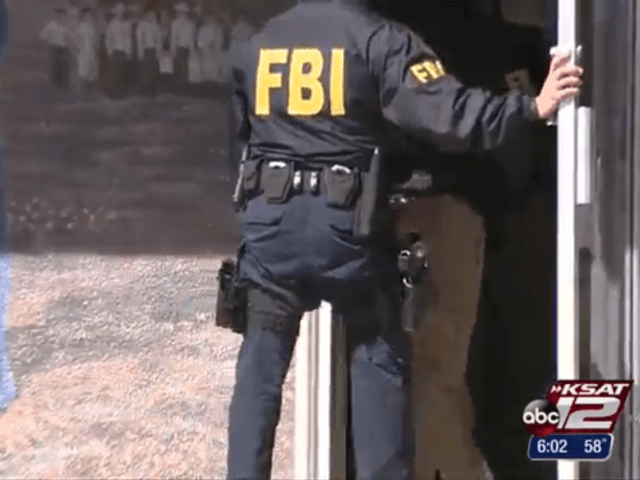The FBI conducted raids last week on Sovereign Health behavioral health treatment centers in California and the San Clemente home of its CEO Dr. Tonmoy Sharma, whose U.K. medical license was revoked for serious professional misconduct.
Sovereign Health facilities in San Clemente, Culver City and Palm Desert were raided on June 13 by dozens of armed agents from the FBI and the Department of Health and Human Services’ Office of Inspector General in a criminal probe alleging financial and other irregularities, according to the company’s statement. The FBI’s website did not comment on the raids, an indication that no one was arrested.
A recent Orange County Register expose found that no degree, medical or otherwise, is required to obtain a rehab-related business license in California. As a result, there are 2,000 rehab centers in California, and there are just 16 inspectors in the Sacramento office.
That creates a potential opportunity for some entrepreneurs to abuse the system by “treating” addicts and claiming reimbursement from insurers without actually helping patients.
The cheapest California licensed drug rehab rate the Register found was $1,980 a day. The average rate for nicer facilities runs from $30,000 to $65,000 per month.
Sovereign Health CEO Sharma complained in a company statement that federal agents busted down a hospital door and held intake staff at gunpoint to collect laptops from the company’s marketing staff. He added that agents also raided his personal residence in San Juan Capistrano and took medical books. Sharma called the FBI raids “Mickey Mouse.”
According to the company’s website, Sovereign Health is a nationwide company with nine locations that are all state licensed and have been awarded Gold Seal accreditation for highest standards by The Joint Commission ratings agency. “SovHealth” provides mental health treatment for trauma, schizophrenia, bipolar disorder, eating disorders and drug detoxification. The company is best known for specialized treatment programs for patients that are dual diagnosed for mental health and drug addiction issues.
Although FBI officers served search warrants signed by a federal judge, Sovereign Health’s General Counsel Seth Zajac complained the raids were a ruse to grab legal documents without a discovery order.
Zajac indicated that the raids were in retaliation for a lawsuit: “We filed a lawsuit against Health Net, Inc. [California’s fourth largest health insurer] and several of their affiliates to end discrimination against rehabilitation providers, and they have filed a countersuit.” He stated that the papers served by the FBI used language that was nearly identical to that in the Health Net counter-claim.” He added, “Our impression is that the officials who showed up today are acting in the interests of privately-held insurance giants, and not in the interest of the public good.”
Sovereign Health filed a $55 million lawsuit on July 8, 2016, alleging that Health Net “engaged in a disgraceful scheme to enrich themselves by backtracking on their insurance promises to recovering addicts and the mentally ill at the expense of providers who have devoted their professional lives to helping such individuals.”
SovHealth’s lawsuit, coupled with complaints signed by executives and owners of 118 for-profit behavioral health treatment centers, caused regulators from the California Department of Managed Health Care and Department of Insurance open investigations of Health Net’s medical claims payment practices, according to California Healthline.
Billing disputes between behavioral health providers and insurance companies have mushroomed since the 2010 passage of Obamacare, which defined coverage as an essential health benefit that banned annual benefit spending caps and prohibited denials for pre-existing substance abusers.
The National Center on Addiction and Substance Abuse estimates that risky substance abuse and related health, crime and productivity loss amounts to $468 billion annually. That does not include money spent by all consumers on higher healthcare premiums.
Photo: file

COMMENTS
Please let us know if you're having issues with commenting.